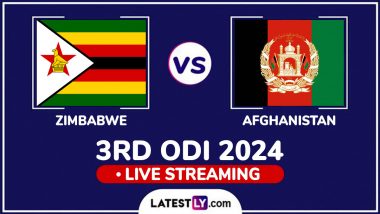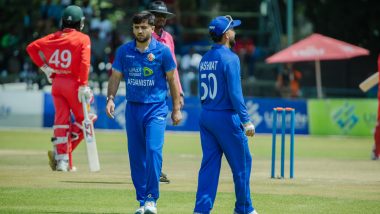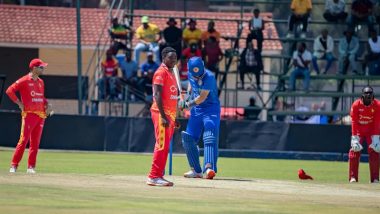Peshawar [Pakistan], April 12 (ANI): The Pashtun resistance movement in Pakistan's Khyber Pakhtunkhwa province, which saw a massive participation by the tribal youth, indicates that young Pakistanis are the change they want.
"In order to hold political rallies in Pakistan in general and in Khyber Pakhtunkhwa in particular, mainstream political parties depend on the Khans (landlords) and contractors to bring people from their villages and pay for their transport. The PTM organised a successful rally without depending on landlords and contractors and instead ran a fund-raising campaign among the youth and professional class, appealing to the Pashtun diaspora", said an article published on the Samaa TV website.
It has attracted the disillusioned Pashtun youth, including a sizable number of young women - who were mainly associated with the Awami National Party (ANP) and Pashtunkhwa Milli Awami Party (PkMAP) - across the country and abroad.
It has also become popular among the emerging professional and middle-class of Pashtun society.
The article states that, "In Pakistan, the PTM leaders from the beginning complained about the ignorance of mainstream media to cover their protests and rallies. The formation of the PTM is an outcome of the social media campaign that sought justice for Naqeebullah Mehsud who was murdered in a fake police shootout in Karachi".
"After realising its importance, PTM organisers found social media-especially Facebook and Twitter provided them an opportunity to mobilise and publicise the movement's Peshawar rally", it says.
A new red ethnic cap - popularly known as Mazari cap - and the word 'Pashteen', a pronunciation of Pashtun in Mehsud dialect - became popular among the Pashtun youth - mainly because of PTM founder Manzoor Pastheen.
Men and women from Pakistan and Afghanistan are sharing their images wearing the cap to show solidarity with the PTM movement.
The Pashtun Tahafuz Movement or Pashtun Protection Movement, was started mainly by young Pashtun activists who are demanding an end to what they say are human rights violations by authorities in the country's tribal regions.
They have been calling for the removal of military checkpoints in tribal areas and an end to "enforced disappearances" in which suspects are detained by security forces without due process. (ANI)
(This is an unedited and auto-generated story from Syndicated News feed, LatestLY Staff may not have modified or edited the content body)






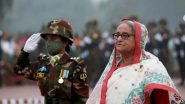


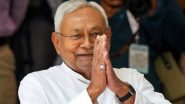



 Quickly
Quickly










